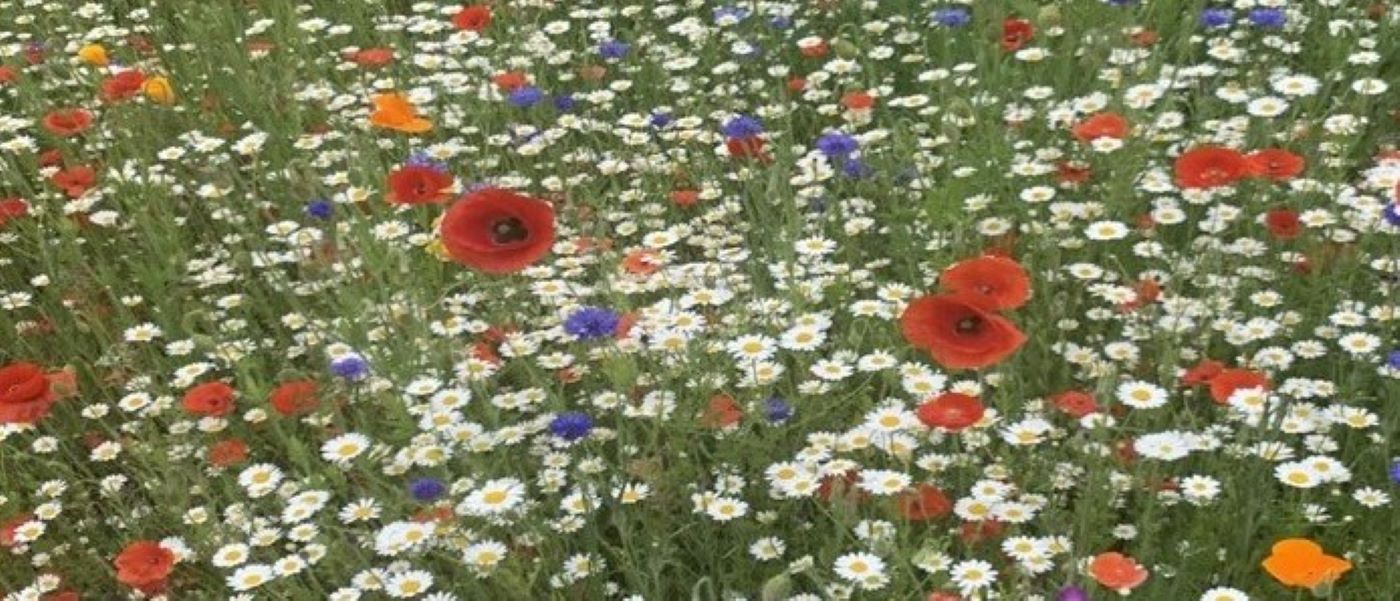In April 2016 Marlow Town Council took over the responsibility for grounds maintenance in Marlow, following the devolution of services from Buckinghamshire County Council and Wycombe District Council. These councils have now unified and we now perform these services on behalf of Buckinghamshire Council.

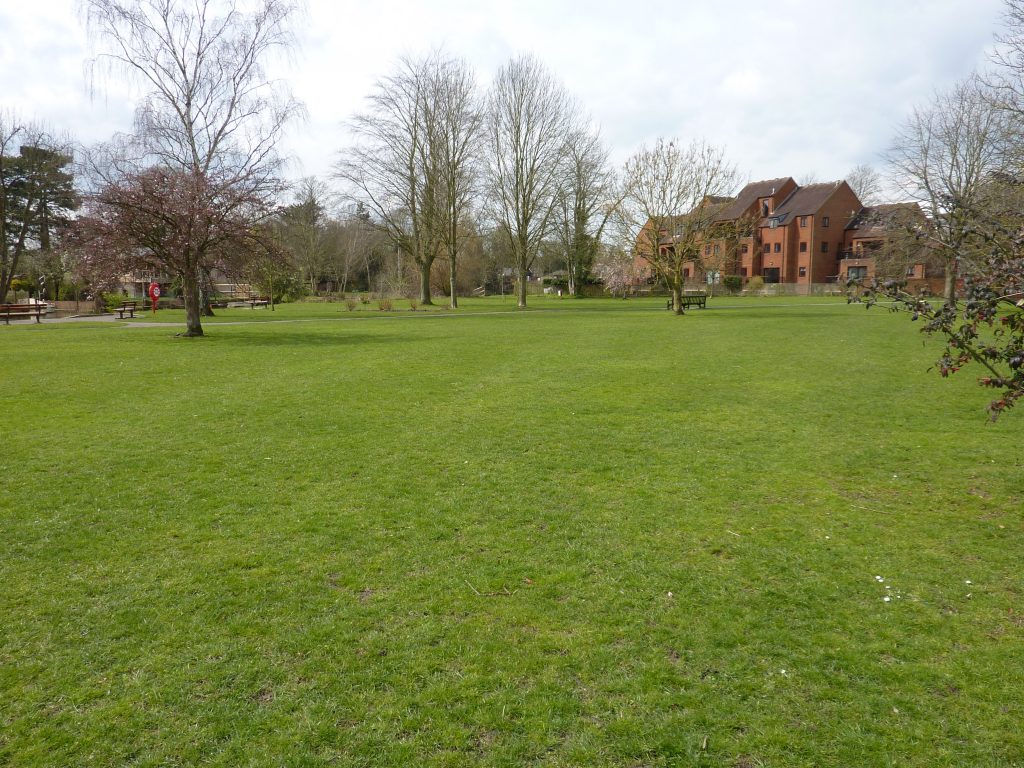
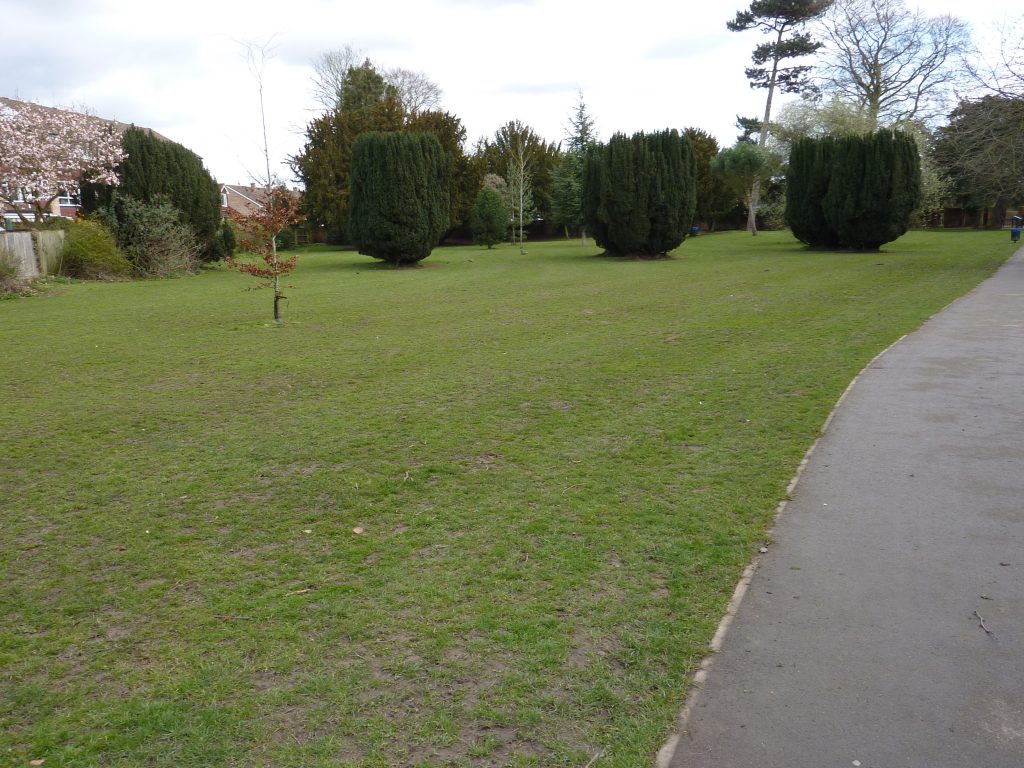
The Town Council have appointed John O’Conner (Grounds Maintenance) Ltd to undertake the following:
- Grass cutting and trimming of urban grass verges
- Trimming and pruning hedges, verges, trees and shrubs
- Annual Bedding
- Providing and applying weed-kills
- Rights of way clearance and siding out of overgrown footways
- Opening and closing of May Balfour Gardens
- Maintenance of street furniture
Grounds Maintenance Schedules
John O’Conner (Grounds Maintenance) Ltd work on a monthly programme starting in East Marlow and working their way through to West Marlow every month between March & October. Grass cutting takes approximately 3 weeks and one week is spent on shrub and plant bed maintenance. Please note that these schedules are subject to change for operational reasons. If you have any queries please do contact us using the feedback form below.
Areas of Responsibility
By clicking on the images below you can view the maps which show Marlow Town Councils areas of responsibility in red.
If you spot any anomalies or missing areas, please let us know using our feedback form which is at the bottom of this page.









Buckinghamshire Council Areas of Responsibility
Buckinghamshire Council manage roadside trees, pavements, pot holes and many other maintenance issues. You can report a problem to them via www.fixmystreet.com
Buckinghamshire Council plan to carry out two cyclical kerbside weed sprays this year, starting in April/May. This is dependent on growth and weather conditions.
The link below will take you to the Transport for Buckinghamshire web page where you will find further information, a telephone number and a link to their reporting page.
https://www.buckscc.gov.uk/services/transport-and-roads/policies/what-tfb-maintains/
Wildflowers
Marlow Town Council are developing wildflower verges on the side roads of Marlow this year. This will mean that some road side verges will be cut less this year and the arisings will be collected at each cut. The open spaces, parks, some road side verges and the town cemetery will remain on their usual cutting regime.
The Council is taking a natural growth development approach which is part of a county and country wide effort to support decreasing insectlife and expand the bio-diversity of our town and county. We do not expect wildflowers to appear in abundance for the first couple of years so the appearance will be long grass for part of the growing season. Cutting the coarse grass and removing the cuttings will decrease the fertility of the soil therefore making it more difficult for coarse grass to grow and easier for fine grass and flowers to grow. It is fine grass and wild flowers that will increase bio diversity year on year.
The purpose of this endeavour is to provide sustenance to pollinating insects. The environment that insects need has decreased dramatically over the last 50 years and pollinators are vital to the whole planet ecosystem. In Britain it is estimated that about 75% of crops rely on pollinating insects and animals, production of those crops being valued at £650m per annum. There are approximately 1,500 pollinating insects in the UK of which there has been between a 20% and 50% decline in some species.
Pollinators are insects that transfer the male pollen from one flower to different flowers of the same species to enable the female ovules to be fertilised and develop into seeds. The vast majority of plants worldwide rely on insect or animal pollination in order to sustain their life cycle and grow, which is beneficial to humans. These plants provide food, fibres and medicine for humans and other animals (e.g rapeseed, soya beans, cotton all directly rely on pollinators). Encouraging habitat on roadside verges enables pollinators to thrive and move onto farmlands and edible plants. Roadside verges have a fantastic opportunity to become pollinator highways that link habitats.
Now we know that humans have decreased insect environment we need to address the imbalance which is ultimately affecting all of us. This may not immediately offer pretty verges but we hope that year on year the variety of flowers growing on the verges will increase. The Council is maintaining the original curated wildflower sites that have been offering beautiful displays for the last couple of years. There is also a wild habitat area in the north west corner of Rookery Gardens where we do not cut the grass.
If you have a personal interest in supporting bee life please leave out a small dish of water for bees in the hot weather as they need this to survive too. Bumblebees do not generally sting unless they are threatened. You may be considering a wild flower patch in your own garden and if you do please ensure that the mix you purchase is native seeds to the UK and avoid using artificial fertiliser where possible. Soil that is low in fertility is better growing ground for wild flowers due to the low levels of phosphates and nitrogen.
If you see any interesting insects or plantlife in your local verge do please let the Council know at office@marlow-tc.gov.uk. We are interested in collecting all feedback. The UK Pollinator Monitoring Scheme has been set up to collate information on insectlife in verges along UK roads. Go to www.ukpoms.org.uk/fit-counts for more information.
You can find out more general information on wildflowers on websites such as www.bucksmknep.co.uk and www.plantlife.org.uk.
Maps of Wild Flower Verges
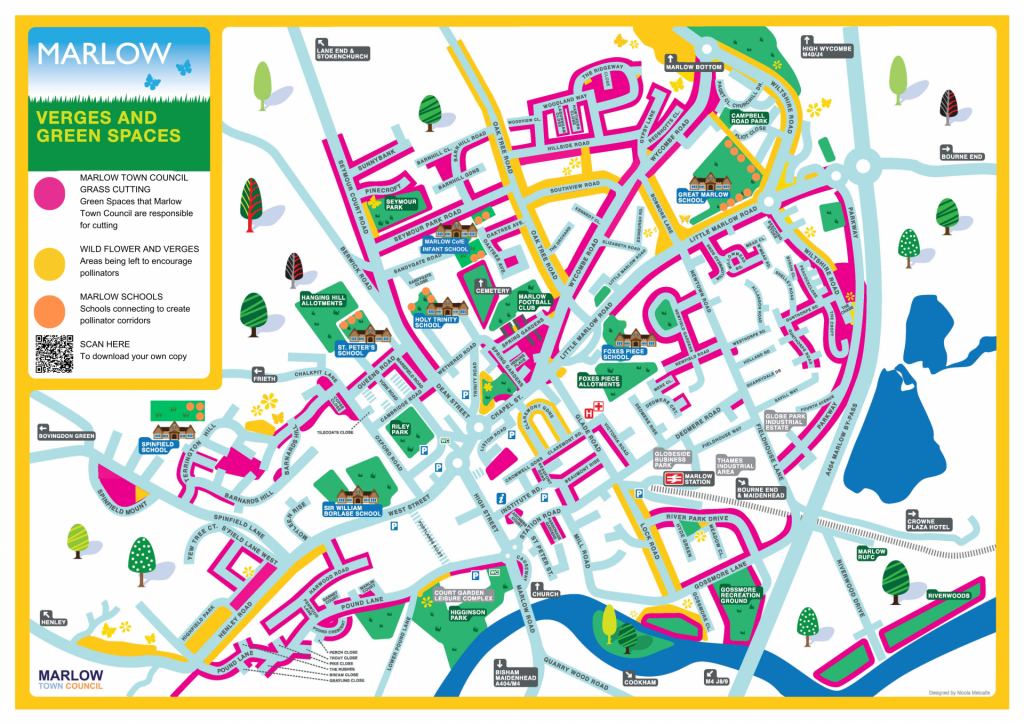
Feedback Form
Please use this form to report any issues you are experiencing with grounds maintenance, or to submit any feedback. If you have any issues using the form, please contact the office on 01628 484024.
No Mow May
Plantlife’s #NoMowMay is back, and blooming better than ever! Free the wildflowers in your lawn so they can grow wild and provide a feast for pollinators, tackle pollution, and lock away atmospheric carbon below ground.
https://www.plantlife.org.uk/campaigns/nomowmay/
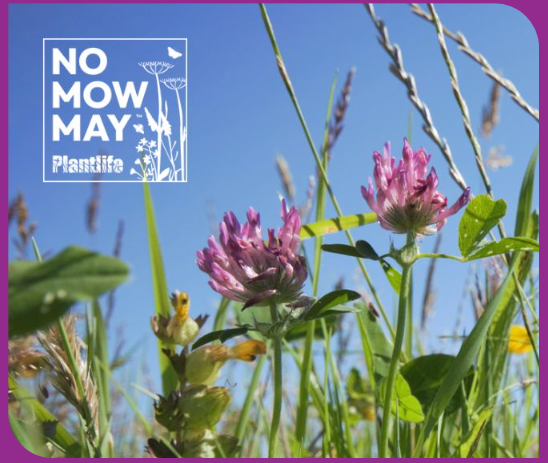
Don’t Mow – Let the Wild Flowers Grow
Marlow Town Council’s new ‘No Mow May’ initiative will start today and continue for the remainder of May — and it will happen every May in the future to help bees, butterflies, and other pollinators thrive. The Council is inviting residents to embrace the change and avoid cutting wild grass.
May wild flowers are key to ensuring pollinators’ survival but when grass is cut, some wild flowers don’t get a good start and many wild species that provide food for pollinators are destroyed.
Essential grass cutting of parks and other high traffic areas where children play and people walk dogs will continue to be cut. The majority of the uncut grass will be on verges along roads and in front of residents’ houses.
“As a society, we have come to view plants and wildflowers as weeds and tend to dislike untidy lawns,” said Deputy Mayor and Chairman of Environmental Health and Wellbeing Committee, Cllr Colleen Stapley. “Unfortunately, this ‘killing off what we don’t find pretty’ mindset has led us to where we are today – desperately trying to help nature heal — which is why we voted to introduce this vital initiative.
“We understand, as with any change, that there may be a natural resistance to things looking different. However, we as a Council can effect larger change that we hope will in turn be adopted and amplified by our residents, because small behaviours add up and we are all in this together.
“Please embrace the change and don’t cut our wild grass, and thank you for your support and understanding as we work together to create a better environment for us all.”
